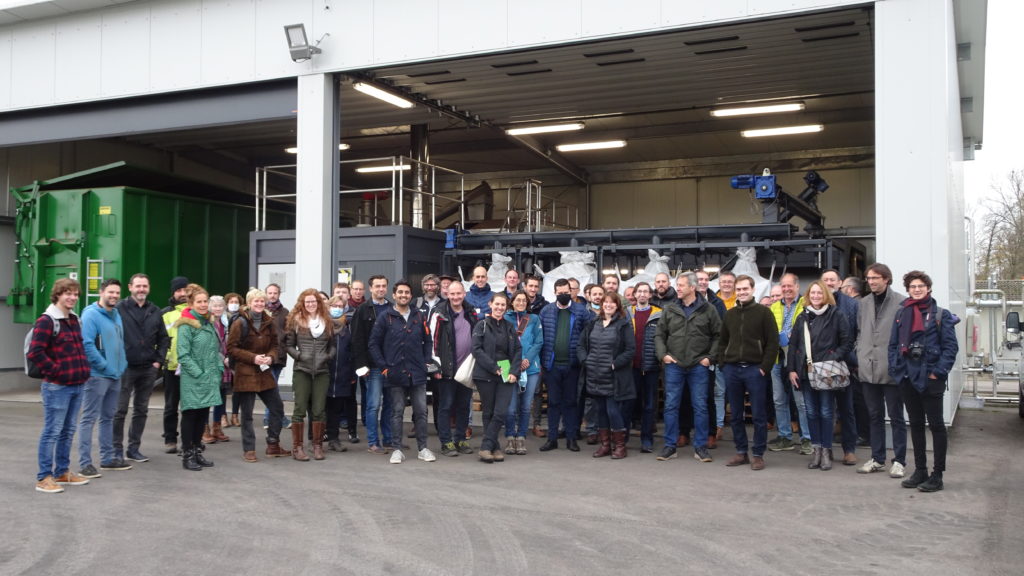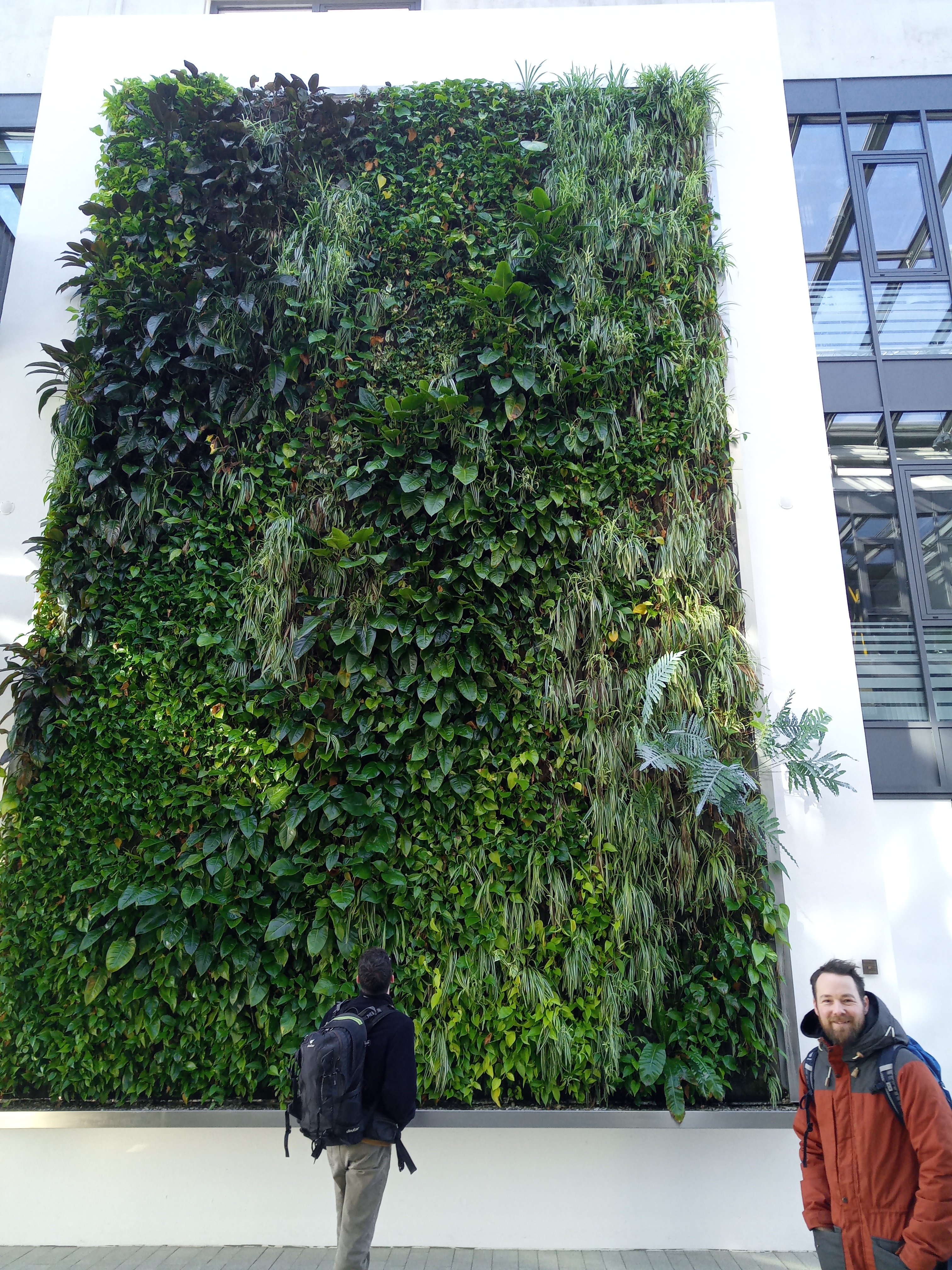Project Summary
RE-DIRECT is a holistic approach to promote the efficient use of natural resources and materials by converting residual biomass into carbon products and activated carbon at smart regional decentralised units.
The project involves 16 partners from BE, DE, FR, IR, NL, LUX and the UK who will implement the approach in urban, semi-urban and rural NWE regions. Each year at least 34 million t of residual biomass from the management of rural landscapes and urban greens in NWE are wasted. On the other hand, there is a growing market for sustainable and decentralised products such as active coal, used in sewage water technologies to clean water polluted with complex chemical substances or antibiotics.
RE-DIRECT has been utilised of the proven technology for Integrated Generation of Solid Fuel and Biogas from Biomass (IFBB) to convert 20 000 t of unused biomass in a circular economy approach into region specific carbon products, among them activated carbon. This will be achieved in the project lifetime by regional and interregional stakeholder communities (biomass waste producers, industries, SMEs, NGOs, researchers and regional interest groups) who explore, develop and manage region-specific product portfolios and create economic value chains in the framework of transferrable “integrated biomass concepts”. The project will develop one large scale investment for a biochar and activated carbon production at a urban biomass conversion centre in DE and one small conversion plant on farm scale in Wales; creating and securing 20 jobs in direct proximity to the plant and providing additional employment and income generating projects for disadvantaged society groups (unemployed and inhabitants in backward rural areas). Capacity building activities will be planned and delivered to support the implementation of the participatory and sustainable development projects and the creation of innovative product an value chains in the project regions and beyond.
From 2021 to 2023 an additional workpackage has been included in the RE-DIRECT project within the Capitalisation Call.
Within this the RE-DIRECT approach will be applied in an attractive new application field (urban farming) by
- a) creating new cultivation and biomass sources for CO2 capturing in NWE cities
- b) optimising the RE-DIRECT Biochar for direct use in urban farming
It will simultaneously explore and convert new biomass sources and use its products in the cultivation as optimised high-quality urban farming substrate, thus creating an innovative circular (carbon) economy case for cities.
It will roll out this approach in 8 additional NWE regions by
- Introducing innovative cultivation systems for urban fast-growing plants and urban gardens (“cultivation and processing”) in urban pilots and with it to new urban and peri-urban areas, involving 5 new partner organisations). The capitalisation initiative will trigger the cultivation of urban biomass in NWE cities as additional application case for the RE-DIRECT conversion, thus contributing to climate change mitigation and adaptation, CO2 and noise reduction and to a more convenient city climate.
- Optimising the conversion technology (pyrolysis gas and charcoal properties) to achieve a higher quality for the gardening substrates and additional CO2 sequestration in attractive urban farming demonstrators.
- Enlarging the RE-DIRECT capacity building approach by integrating urban farming into circular carbon concepts for cities and/or connecting them with existing urban sustainability strategies. The approach will be rolled-out to new stakeholders, for instance to urban planners, architects and designers and professionals in the gardening and agricultural sector and the citizens in these areas.




